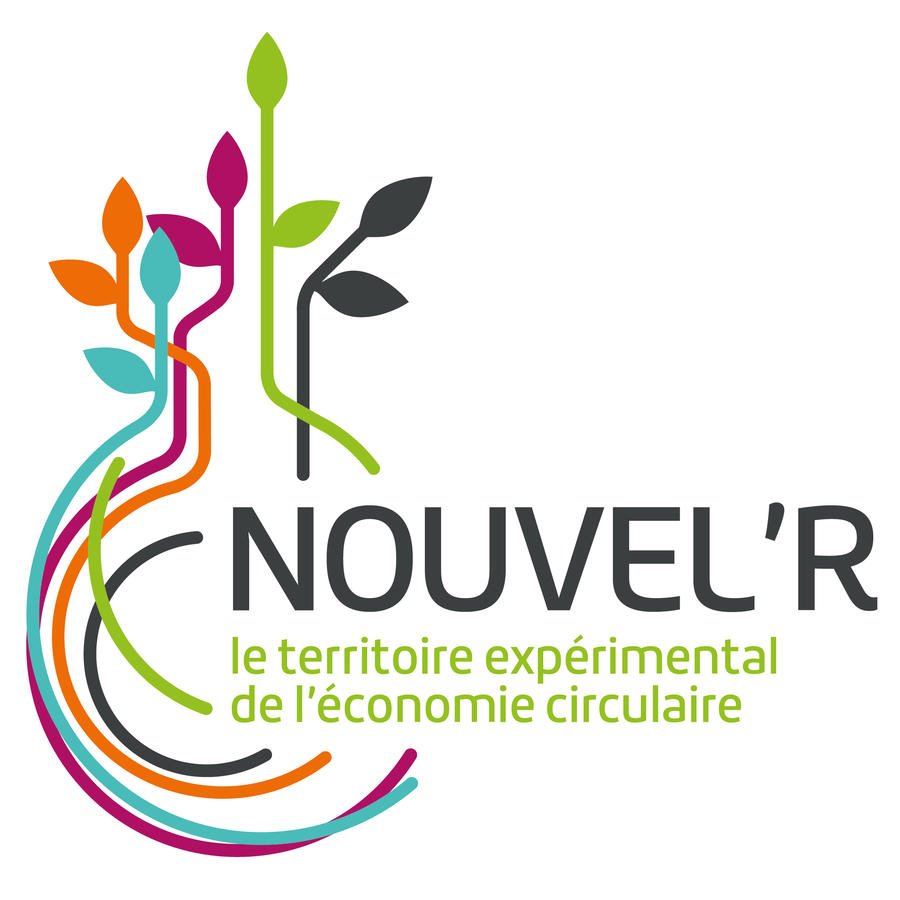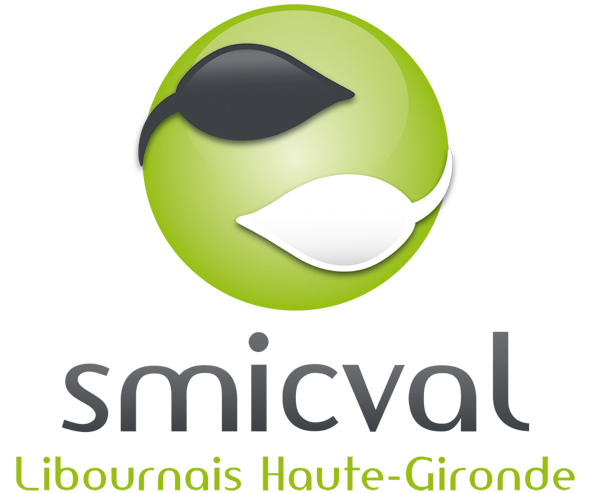NOUVEL’R: THE EXPERIMENTAL TERRITORY FOR CIRCULAR ECONOMY
Project details
- Main leader : SMICVAL du Libournais Haute-Gironde
- Type of initiative : Initiative by a public institution or similar
- Périmètre : Le territoire du SMICVAL : 141 communes, 200 000 habitants 10 intercommunalités adhérentes, 2000 km2
- Localisation : 8 route de la pinière 33910 SAINT DENIS DE PILE
- Date de début : août 2013
Economy circular topics
- Extending useful service life
- Industrial and regional ecology
- Recycling
- Responsible consumption
- Functional service economy
- Eco-design
- Sustainable procurement
The intermunicipal association for waste collection and recovery in the Libourne and Haute-Gironde area (Syndicat Intercommunal de Collecte et de Valorisation des déchets du Libournais Haute-Gironde - Smicval) decided to take action outside its core business (waste collection and treatment) and take an active part in the economic and social development of the area.
It now acts as a facilitator to develop the local economy by using waste as a resource, creating synergies between the people involved and making full use of innovation.
It has met all the inter-municipalities in the area to draw up a joint diagnosis.
A flexible, agile governance system was organized in three levels: a regional council bringing together all the political and socio-economic players who were ready to invest, an operational relay network in charge of carrying out studies, and a test cell.
An action plan was drawn up to target three operational objectives:
- State the technical areas of the circular economy:
- Developing reuse, repair, refurbishing, eco-design, and material and organic recycling;
- Promoting industrial and regional ecology
- Promoting the service economy and the sharing economy
- Encourage local businesses to set up
- Combine waste and energy transition (in particular by developing the wood energy, anaerobic digestion and cellulose wadding sectors).
Today, various studies are being conducted jointly: technology intelligence, pre-feasibility study of a biogas facility, etc.
Qualitative benefits
- Create jobs
- Improve the competitiveness of companies
- Contribute to the preservation of resources
- Control public spending
Stages of the initiative
2012: A strategic framework adopted: "let's build 2020 together".
August 2013: Political commitment through a ruling by the union committee and the first local circular economy forum organized to measure how enthusiastic locals are for the circular economy as an area for local development. The event attracted significant media attention: over 200 local actors and experts were present.
2014: Project governance set up and the area trademark NOUVEL'R registered
2015: Development and initial implementation of the action plan
Obstacles:
- The lack of industrial buildings in the area to accommodate new activities and therefore an inability to house project leaders.
- There are few initiatives in the area for the moment and the conditions are not right to help those with ideas convert them into projects.
Driving forces:
The reaction of Nouvel'R leaders to overcome these obstacles and respond to the needs identified.
Areas of activity
- Agriculture
- Energy
- Recycling
Resources
- Metals
- Waste
- Biowaste
- Wood
- Sobriety
- Material efficiency
- Use
- Paper
- Glass
- Plastic
- Building materials
- Compost
- Unavoidable and recovered energy
- Methanation
Technical resources
250 agents
Equipment operated by a local authority
Human resources
Creation of a department for the development and reallocation of internal human resources valued at € 66,000/year.
Financers
- ADEME
- Conseil régional ALPC

